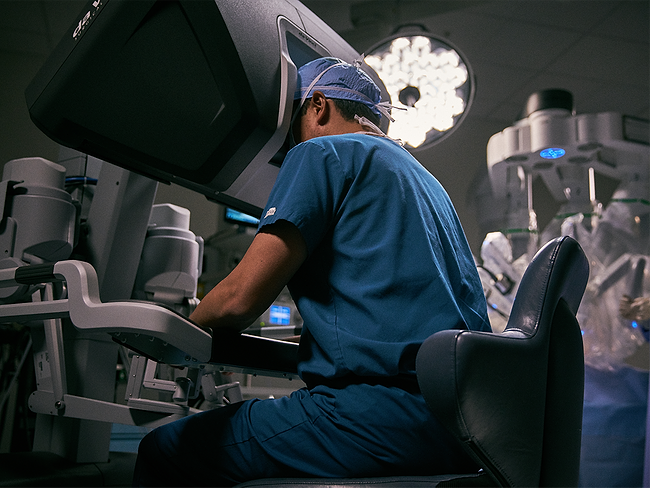
Coronavirus
2020 Medical Innovation Summit
Panelists address challenges related to health care investment in the wake of COVID
Read More2020 Medical Innovation Summit
Panelists address challenges related to health care investment in the wake of COVID
Read MoreVirtual Medtech Conference



